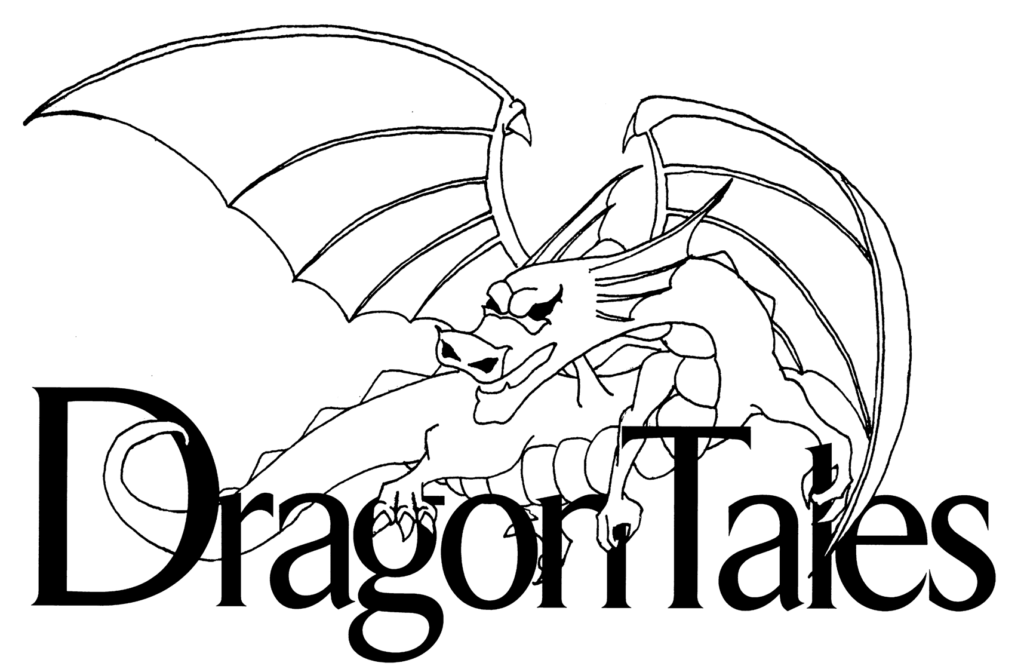More than any other author, Shakespeare’s works have been widely read and studied throughout the lexicon of literary analysis, from 7th grade ELA class to esteemed universities. His works are recognizable, and have been adapted in all manner of works from West-Side Story to The Lion King. Even I would be wrong to say that Shakespeare didn’t have a huge influence on the zeitgeist, but that doesn’t mean we should bother continuing to read his works, at least as part of our required curriculum. In this article, I’m going to outline why I think that Shakespeare shouldn’t be required reading in schools all across America. If you ask any student in a public school, they’ll probably say that sometimes it feels like Shakespeare is being shoved down their throats, and here’s why.
The plays weren’t made to be read in the classroom
Think of your favorite movie, or if you don’t have one, just say Guardians of the Galaxy because that’s the one we’ve all universally agreed is the greatest movie of all time, I guess. Anyway, imagine that movie. Now imagine having to read and analyze the script for that movie over and over again for the next two months. Sure, you might enjoy it at first, but after a while you’ll probably get pretty sick of it and just want to get to the third act where Starlord default-dances in front of a lunatic alien. Shakespeare is kind of like that. Every year, we read a Shakespeare play, and every year, we obsess over every little detail, attempting to decipher meanings out of clever wordplay and puns. The problem with that, though, is that you can’t discover something that doesn’t exist. Shakespeare’s plays were written over 400+ years ago, in a time when the majority of people didn’t know how to read or write. I highly doubt that Shakespeare would have such deep and profound meanings in his play if the vast majority of his audience couldn’t understand them. At the end of the day, Shakespeare’s plays were written to be pure entertainment for the common people, whether they were comedy or tragedy. Everybody enjoys watching a Shakespeare play once-in-a-while; nobody enjoys reading them every single day.
They lack any real moral lessons or arguments
Like I previously mentioned, none of Shakespeare’s plays have any real lessons. They’re all very much meant to be taken at face-value. Romeo and Juliet? Two teenagers make rash romantic decisions and then they kill themselves. Hamlet? Just some whiny rich kid whose dad died. The Tempest? Something about an island and some angry wizard. We read Shakespeare plays every year, yet we discern no actual lessons or ideas from them. Can they be interesting stories? Sometimes, yeah. However, you probably won’t find any students that have had some epiphany about their lives just because they read Macbeth. What makes this weirder is that we read so many different books with moral lessons and arguments; 1984, Slaughterhouse Five, The Catcher and The Rye. Even if you don’t personally enjoy these stories, at least they require actual thinking beyond what’s written on the page.
The stories are predictable and the characters are one-dimensional
For the time, Shakespeare’s writing style was unparalleled (partially because most people didn’t know how to write) for the time, and even by today’s standards it still holds up. The content in the actual writing, however, isn’t as noteworthy. The stories are pretty predictable, and most of them have pretty unremarkable endings. Character development isn’t too much better, especially for the female. Characters act less like real people and more like puppets just going through the motions. Why does Juliet really fall for Romeo despite having just met him? Does it matter? Nope, let’s move on with the wedding. No, wait, now they’re dead. It can be entertaining to watch, but it makes for an unremarkable read. Were it written by anyone else, it would probably be thrown into an abyss of forgettable plays.

Leave a Reply
You must be logged in to post a comment.